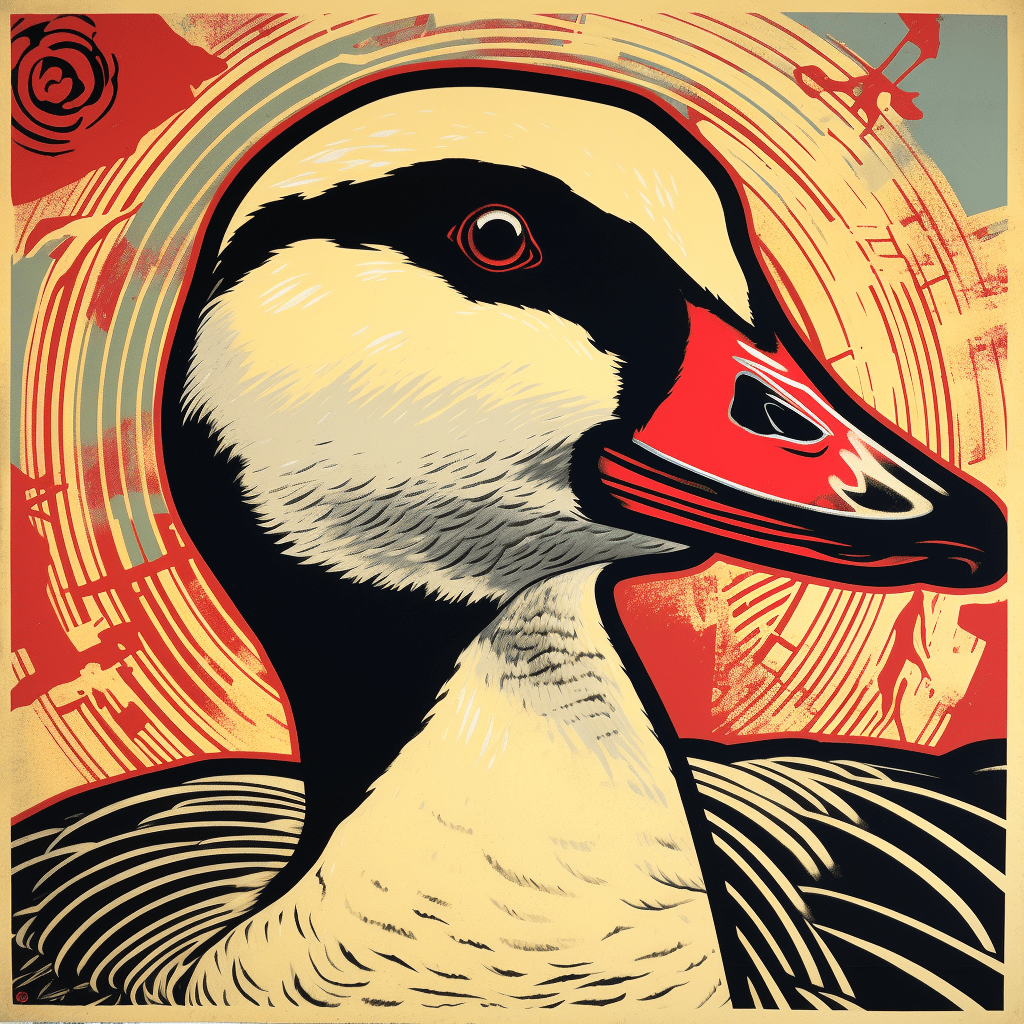Difference between a Goose and a Duck
Introduction
The difference between a goose and a duck lies in various aspects, including their appearance, habitat, behavior, and diet. Geese and ducks are both types of waterfowl that belong to the Anatidae family, but they have distinct characteristics that set them apart. Understanding these differences can help us appreciate the diversity of these fascinating birds.
Physical Appearance
Goose: Geese are typically larger than ducks, with a solid build and a long neck. They have a robust body covered with dense feathers, which provide insulation in colder environments. Geese have a characteristic honking sound and their beaks are stronger and more pronounced compared to ducks.
Duck: Ducks, on the other hand, have a smaller and more compact body shape. They have a shorter neck and their beaks are flatter and broader than those of geese. Ducks come in a wide range of sizes, colors, and patterns, which adds to their visual appeal.
Habitat
Goose: Geese are typically found in open grasslands, wetlands, and near bodies of water such as lakes or rivers. They are known for migrating long distances in search of suitable breeding and feeding grounds. Some species of geese even travel great distances across continents during their annual migrations.
Duck: Ducks, on the other hand, are more adaptable and can be found in a variety of habitats, including rivers, lakes, ponds, and even urban environments. They are well-suited to aquatic life and have webbed feet that enable them to swim effortlessly.
Behavior
Goose: Geese are known for their strong social behavior and form large flocks, often travelling in a V-shaped formation during migration. They use a combination of honking and body language to communicate with their flock members. Geese are also known for their aggressive defense of their nesting sites or territory, especially during the breeding season.
Duck: Ducks tend to be more sociable than geese and often form smaller groups or pairs. They communicate through a variety of vocalizations, including quacking, whistling, and grunting. Compared to geese, ducks display less aggressive behavior and are generally less territorial.
Diet
Goose: Geese are primarily herbivorous, and their diet consists mainly of grass, aquatic plants, grains, and seeds. They graze on land and in water, utilizing their long necks to reach vegetation beneath the surface. During migration, geese often feed intensively to build up energy reserves for their long journeys.
Duck: Ducks have a more varied diet, which includes aquatic plants, insects, small fish, and amphibians. They are skilled at foraging and may upend themselves in the water to reach food below the surface. Some duck species also graze on land for seeds and grains.
In Conclusion
In summary, the difference between a goose and a duck lies in their physical appearance, habitat, behavior, and diet. Geese are generally larger, have a honking call, and possess stronger beaks, whereas ducks are smaller and have a quacking call with flatter beaks. Geese prefer open grasslands and wetlands, while ducks are adaptable to various habitats, including urban areas. Geese display more aggressive territorial behavior, while ducks are more sociable. Geese primarily eat vegetation, while ducks have a more varied diet. Understanding these differences helps us appreciate the unique characteristics of each waterfowl species.












